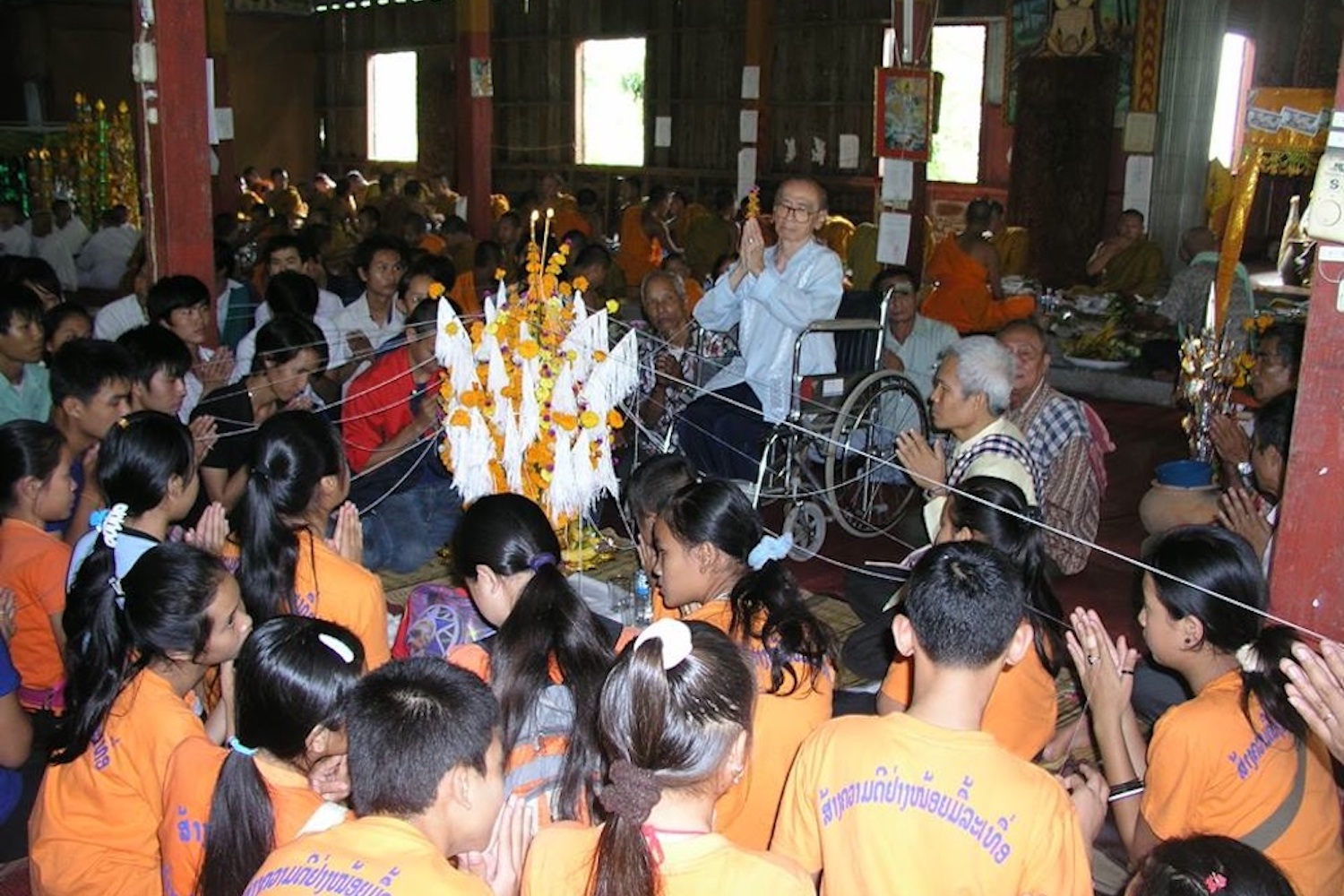Radio Free Asia: 06 November 2015

Lao and European Union officials met on Friday in the Laotian capital Vientiane to discuss human rights issues at a time when the number of such abuses and restrictions on various freedoms are increasing rapidly.
The objective of the sixth annual EU-Laos human rights dialogue was to support the implementation of Laos’ international human rights obligations and commitments. Attendees exchanged views on governance and the rule of law, democratic freedoms and people’s participation, as well as human rights, socioeconomic development, and international cooperation.
The meeting comes as the communist, one-party state continues to score poorly on its human rights record, with rights groups continuing to pressure the government for details of activists, students and others who have been detained or disappeared.
“The situation in Laos during this time is getting worse because social organizations are restricted to working only with communities that suffer from a lack of development projects,” said a source who declined to be named.
Last month, Lao authorities decided not to host a meeting of civil society organizations (CSO) in Southeast Asia on the sidelines of an Association of Southeast Asian Nations (ASEAN) summit next year, fearing potential criticism by participants against governments in the region and inadequate resources for the decision.
But another reason that the ASEAN forum will not be held in Laos is because the Lao government cannot guarantee the safety of Lao participants, the source said. He also pointed out that the country recently failed in a bid to win seat on the 47-member United Nations Human Rights Council. Continue reading “Experts See Worsening Situation as Laos and EU Hold Human Rights Talks”







